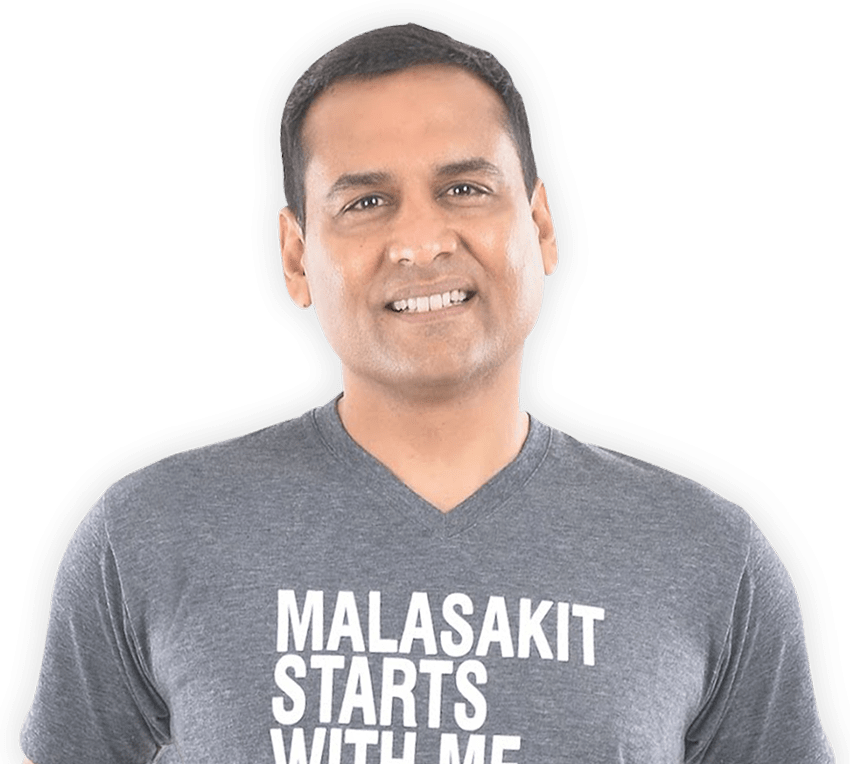(An excerpt from my upcoming book, “Futureproof your career and company”)
According to the “Freelancing in America” survey conducted in 2017, 50.9 percent of the US workforce will be freelancing by 2027. That’s over 25 million more people joining the freelancing bandwagon over the next decade.
The growth rate will be even steeper in developing countries. For example, India is estimated to have 15 million freelancers today. By 2030, that number is expected to grow to 60 million.
What’s fueling these freelancing forecasts? Three key reasons…
1. Technology makes it easy to freelance and to find a freelancer
Until recently, freelancing remained highly inefficient in how freelancers and clients found each other. And how they transacted.
Just 20 years ago, if you were a freelancer, finding a client was hard work. You asked for referrals from family, friends, and existing clients. Whether you liked it or not, you had to attend industry events and gatherings. You gave out business cards and flyers to local businesses. You even sent out direct mail pieces promoting your services within your area. And there was no guarantee any of these hustles would pay off.
If you think finding clients was difficult, consider getting paid. It was more like pulling teeth.
Best case, you had to wait for months for that check.
Worst case, you had to write it off. You had almost no leverage against bigger businesses.
Thankfully, those days are behind us.
In the last two decades, technological progress coupled with ubiquitous Internet and smartphones has fueled the growth of many online freelancing platforms like Upwork, Freelancer, 99designs, and Toptal.
Just like eBay and Alibaba, these online platforms eliminate the inherent inefficiencies of a physical marketplace. Your scale is as limitless as Internet. Your reach is the entire planet.
With just a few clicks, freelancers and clients from all corners of the world can find what (and who) they are looking for.
The mutual reviews and star ratings keep everyone on their best behavior (like indulging your Uber driver in a small talk even when you are in no mood to talk. Why? Because you want that five-star rating!).
And the best part? It’s hassle-free!
Clients get the services they are paying for and the freelancers get the money once the job is completed. Immediately! No need for follow-ups and write-offs!
2. It’s a win-win for both employers and freelancers
Employers win because freelancers – as contractual workers – afford them agility and nimbleness. Companies can better navigate through ebbs and flows in the circumstances both predictable (such as seasonality) and unpredictable (such as unexpected external events).
Employers also benefit from achieving significant cost savings.
By hiring freelancers, companies don’t have to pay for employee-related direct costs such as recruitment, payroll taxes, matching 401(k), and paid time off.
Companies also save on indirect costs such as rent or lease, utility bills, insurance, and maintenance for office buildings (not to mention the fortune spent on post-it notes and paper clips).
Freelancers win because they have freedom and flexibility to work from wherever and whenever they want.
If you believe you are most productive and most creative at 2am adorned in your pajamas sitting at the kitchen table, why not? After all, there is no alarm going off at 7am.
There is no need to get ready and commute to work.
You are your own boss!
For freelancers, this freedom also equates to savings.
Working from home means no commute and hence less car related expenses such as gas, parking, car maintenance and car insurance.
Working from home means more time with your kids and hence lower childcare costs. (but perhaps more “pulling your hair” moments!)
Working from home means no need to buy formal office wear (last time I checked, pajamas are significantly cheaper and more comfortable).
Working from home means that Starbucks on the corner is no longer tempting you daily to buy a $5 latte!
Working from home means no weekly after-work happy hours (with the people you can’t stand).
So, yes, when you add all of these up, it’s a nice chunk of savings.
In addition to these savings, probably the biggest win of being a freelancer is not having to deal with the toxic work environment. A recent survey done by Perkbox in the UK found the primary cause for work-related stress is not being over-worked. It is office politics.
Freelancers don’t have to put up with that nonsense.
No need to be paranoid about backstabbers.
No overzealous colleagues trying to outmaneuver you for a promotion.
No bullies to fend off.
No bosses to suck up to. (How sweet!)
3. Anyone who can use the Internet can become a freelancer
The young generations – Millennials and Gen Z – are entrepreneurial and a majority of them aspire to start their own business.
Gen Z has just started to join the workforce and 53% of these young workers are freelancing. Millennials are not far behind with 40% of these workers working as freelancers.
These numbers are not surprising. After all, when we think of a freelancer, we think of a headphone-wearing, young and scrappy Gen Zer or a Millennial working away at WeWork or Starbucks.
We never think of people in their sixties hustling for gigs, but maybe we should.
Today, 29 percent of the baby boomers (currently those 55 or older) in the workforce are freelancing. And their participation rate is expected to increase over the next decade.
We intuitively know what attracts young people to freelancing. Like their familiarity with on-demand culture, their innate need for freedom and flexibility, and their proficiency in technology fueling the gig economy.
But why are the baby boomers turning to freelancing?
Aren’t they supposed to retire, walk into the sunset, spend the rest of their days golfing or playing bridge with their friends?
Aren’t they too steeped in their rigid 9-to-5 mindset?
Can they adapt to this fast-moving digital economy?
Yes, they can and adapting they are!
Why? Well, some want to. And some have to.
Some want to because they enjoy working. Others realize they don’t have the savings they need for a longer life ahead.
The life expectancy is on the rise globally and people are living longer and healthier.
In the US, 77% of workers over the age of 65 said there are no limitations in the kind of work they can do.
Imagine. You have spent 40 years of your life working hard, cultivating skills, gaining experience, garnering wisdom, building a Rolodex, and then boom! Suddenly, just because you reach some arbitrary number, you can’t work anymore!
Well, now you can, thanks to freelancing.
And we are not talking about being a greeter at a local Walmart.
We are talking about the kind of work where you can utilize your skills and experience. Or even monetize your life-long passions you have cultivated over the years as a photographer, writer, yoga teacher or life coach.
Clearly, stars are aligned for freelancing to take off.
What does this mean for your company?
The increasing popularity of freelancing will alter the future of not just the who gets the work done but also where, when and how.
Companies are familiar with attracting, retaining, training, and developing full-time employees working predominantly from the company premises.
With freelancing on the rise, as leaders, you have to ask yourself:
How would you successfully integrate and leverage freelancers as a part of your HR strategy?
How would you optimize these remote workers?
How would you ensure they work cohesively as one team with your regular employees?
Companies will also be under increasing pressure to retain their full-time employees as freelancing becomes an attractive alternative for them. You have to ask yourselves:
How can you create a culture that promotes entrepreneurship?
How can you empower your full-time employees to design and manifest personalized career goals?
How can you offer them the freedom, flexibility, and a sense of ownership they crave for?
What does this mean for your career?
As a professional, there has never been a better time to be alive! It has never been easier for you to create and manifest your dreams.
If you feel there is a song in you, it doesn’t need to suffocate in a 9-to-5 rat race. You can sing it (and get paid for it!).
Freelancing offers you an option to strike out on your own. Do what you love to do. Minus the noise. Minus the toxicity. Minus the drama.
But, it’s not a walk in the park either. While the entire world is your market, the whole world is also your competition. Everyone is hustling for a job or a gig that you want.
So, how do you thrive?
By being at the top of your game. Everyday.
By committing to life-long learning.
By letting go of the past to usher in the future.
Wishing you a flourishing future,
Maulik
PS: Would you like to know more about how to futureproof your career and company in an era of AI, digital natives & the gig economy? Buy the book here . If you liked the post, please share it with others who you think may benefit from it.




